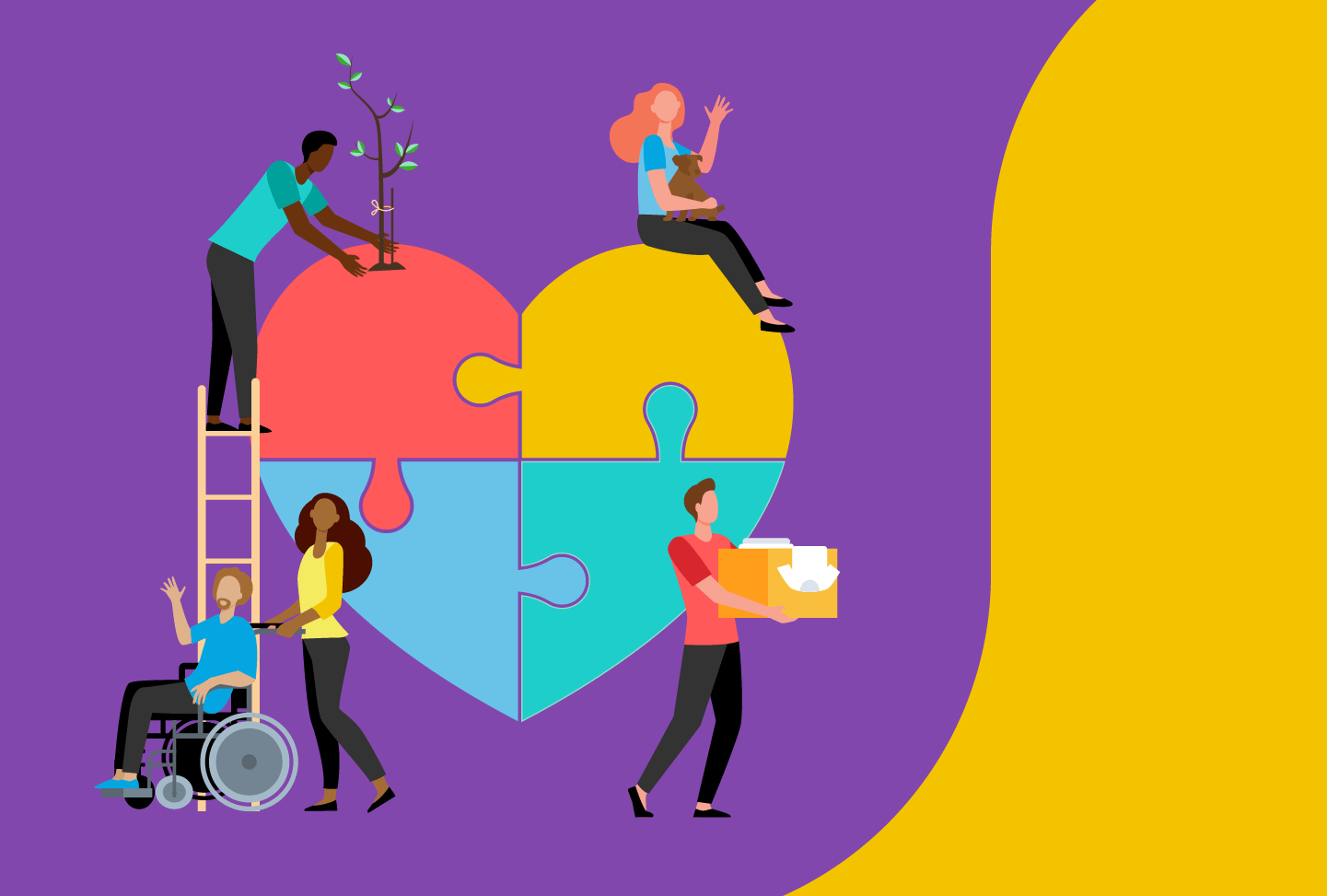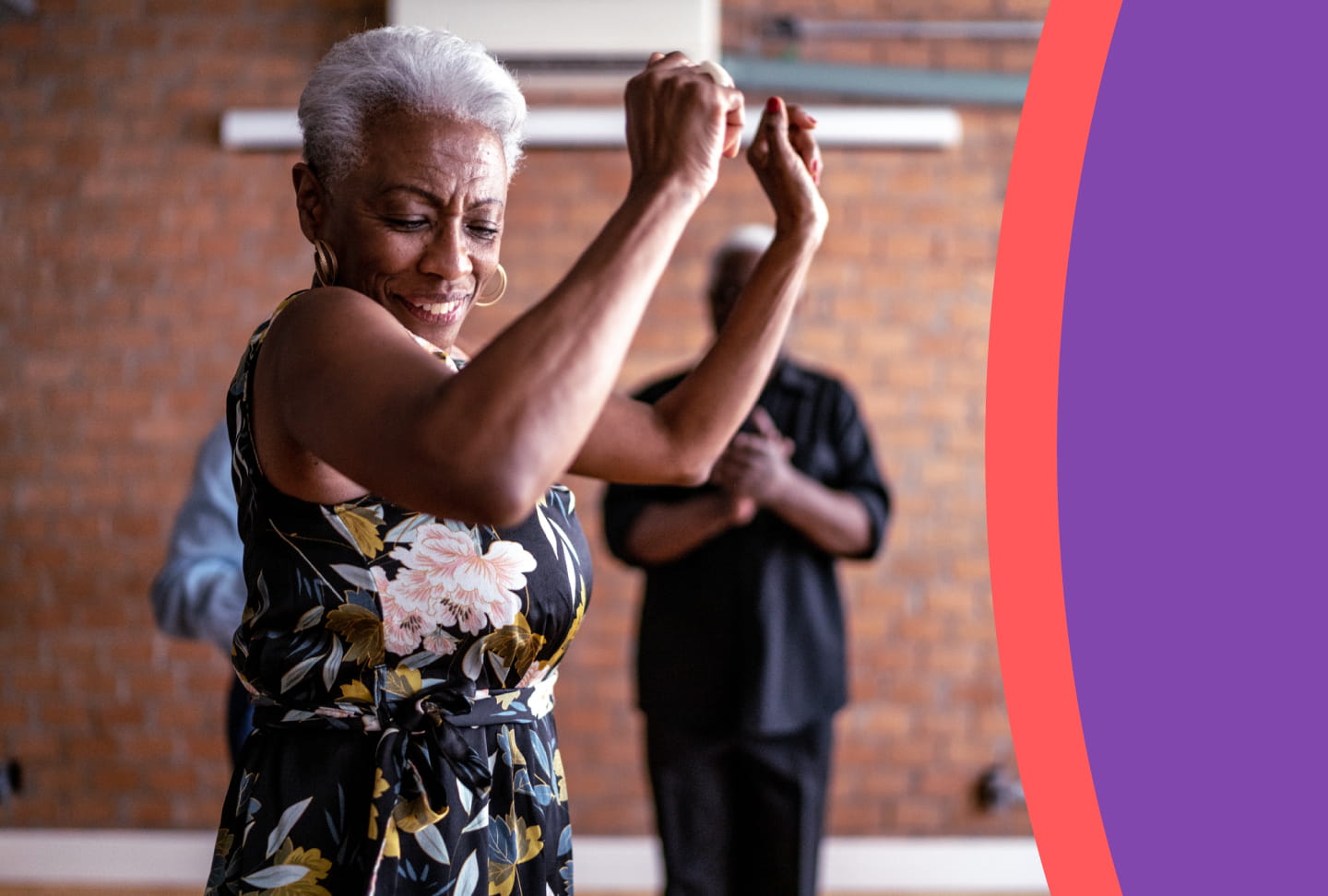“Jane” sits quietly in the exam room, clutching the discharge papers the doctor has just handed her. Her blood pressure has improved, but she is still overwhelmed with worry—not because of the diagnosis, but because of what awaits her outside the hospital.
She has a new prescription in her hand, but no reliable transportation to pick it up, and a diet plan to follow, but an empty fridge at home. She has advice to rest, but a job that didn’t offer paid time off, which will mean no way to pay her utilities or her rent.
Her doctor has done everything right medically—yet Jane still is not set up completely for a positive health outcome.
This is the moment where health systems face a truth we cannot ignore: Health doesn't begin in the exam room, and it doesn’t end there either. It lives in kitchens, workplaces, neighborhoods, families and within our communities. It is shaped by whether someone can afford groceries, find safe housing or get to their appointments.
These everyday circumstances—known as social determinants of health or non-medical drivers of health—affect nearly every outcome. They determine whether treatment plans succeed, whether chronic conditions worsenand whether families thrive or struggle. In fact, research shows that up to 80% of health outcomes are tied to social determinants, not clinical treatment alone.
And for too long, patients like Jane have been left to navigate these challenges alone.
A Shift in Healthcare: PeopleCare
Imagine if every healthcare visit didn’t only diagnose health needs, but also understood life needs:
- “Do you have access to healthy food?”
- “Are you worried about housing or utilities?”
- “Do you need transportation to follow-up appointments?”
This is the movement taking place today: healthcare shifting beyond treating illness to supporting everyday well-being. Medicine can lower blood pressure, and community support can keep it down.
Enter Wellstar Find Help: Support at Your Fingertips
To bring this vision to life, Wellstar has introduced Wellstar Find Help—a tool that connects individuals with thousands of community resources including:
- Food assistance
- Housing and utilities
- Transportation
- Employment support
- Mental health services
- Senior and caregiver programs
It’s a pathway, a bridge and a lifeline. All resources can be found very easily by entering the ZIP code for the person in need within the community. Refer your friend, a family member, a fellow church member or even yourself if you need it.
Here’s what makes it truly powerful. Anyone can use it—anytime, anywhere, from home or phone, and it’s built directly into Wellstar’s medical record system. That means when someone is sitting in a room like Jane was—overwhelmed, uncertain, quietly carrying life burdens—the care team doesn’t just send them home with instructions.
They can help them right there, in the moment by connecting them to real support before they walk out the door.
Healing happens in community
When community resources meet medical care, everything changes. A father on dialysis doesn’t miss treatment because a ride fell through. A mom recovering from surgery has healthy meals for her family. A senior gets help with housing instead of silently struggling. People don’t just survive. They thrive because sometimes the strongest medicine is hope.
Sometimes hope looks like a bus pass, a food pantry referral or a team member who says, “You don’t have to figure this out alone.”
Wellstar Find Help will assist us in figuring it out together or at least give us a place to start. Wellstar Find Help is more than a website. It’s a community initiative that suggests care doesn’t end when the hospital doors close, that supports every person's right to dignity, access and opportunity and acknowledges that healthcare isn’t just about treating bodies—it’s about overall well-being. For patients like Jane, that can make all the difference.
Community health challenge: working together to change lives
For community partners
You are the backbone of healthcare beyond the medical building walls. Our community’s food banks, housing organizations, transportation services, senior programs and faith-based organizations provide stability and opportunities for patients to heal as a whole. We invite you to:
- Claim your organization: share your programs, capacity and preferred referral pathways.
- Help us lift barriers proactively rather than reactively.
- Stay connected.
Healthcare needs you, and our communities thrive when we all work together. Together we can create and sustain a network of support that meets people where they are and then lifts them where they deserve to be.
Visit wellstar.findhelp.com to learn more and find resources.




